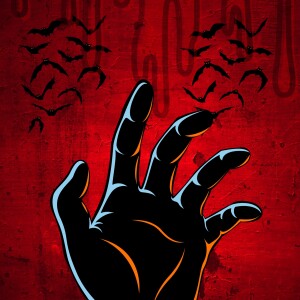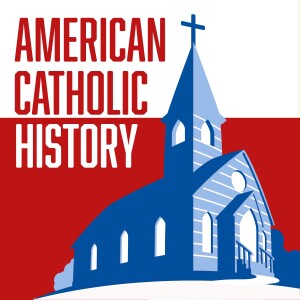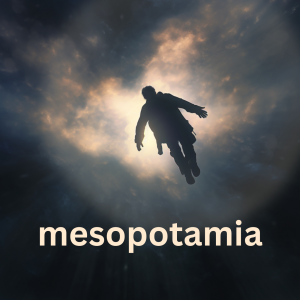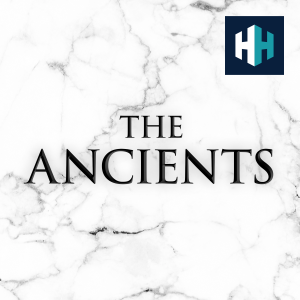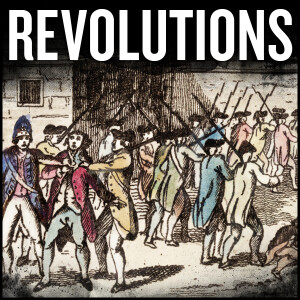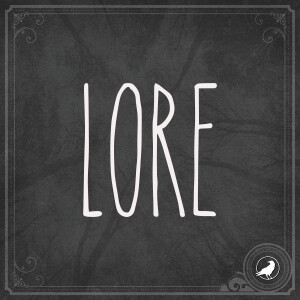

In this episode, we explore Opus Dei, a modern Catholic institution often viewed with both reverence and suspicion. Founded in 1928 by Josemaría Escrivá, its central belief is that ordinary people can achieve holiness in daily life, not just in monasteries. With around 90,000 members worldwide, Opus Dei includes both laypeople and clergy, organized into groups that balance ordinary work with intense spiritual practices. The society is controversial due to its secretive traditions—such as dai...
In this episode, we explore Opus Dei, a modern Catholic institution often viewed with both reverence and suspicion. Founded in 1928 by Josemaría Escrivá, its central belief is that ordinary people can achieve holiness in daily life, not just in monasteries. With around 90,000 members worldwide, Opus Dei includes both laypeople and clergy, organized into groups that balance ordinary work with intense spiritual practices. The society is controversial due to its secretive traditions—such as daily discipline, confession, and even physical mortification—and its alleged influence in politics, business, and the Church. Popular culture, especially The Da Vinci Code, has fueled its image as a shadowy, powerful group. While the truth is far less sinister, its insular nature continues to intrigue outsiders. Ultimately, Opus Dei raises deeper questions: Is it simply a path of spiritual devotion in ordinary life, or a secretive network of influence within the Catholic Church?
View more
Comments (3)
More Episodes
All Episodes>>Create Your Podcast In Minutes
- Full-featured podcast site
- Unlimited storage and bandwidth
- Comprehensive podcast stats
- Distribute to Apple Podcasts, Spotify, and more
- Make money with your podcast
It is Free
